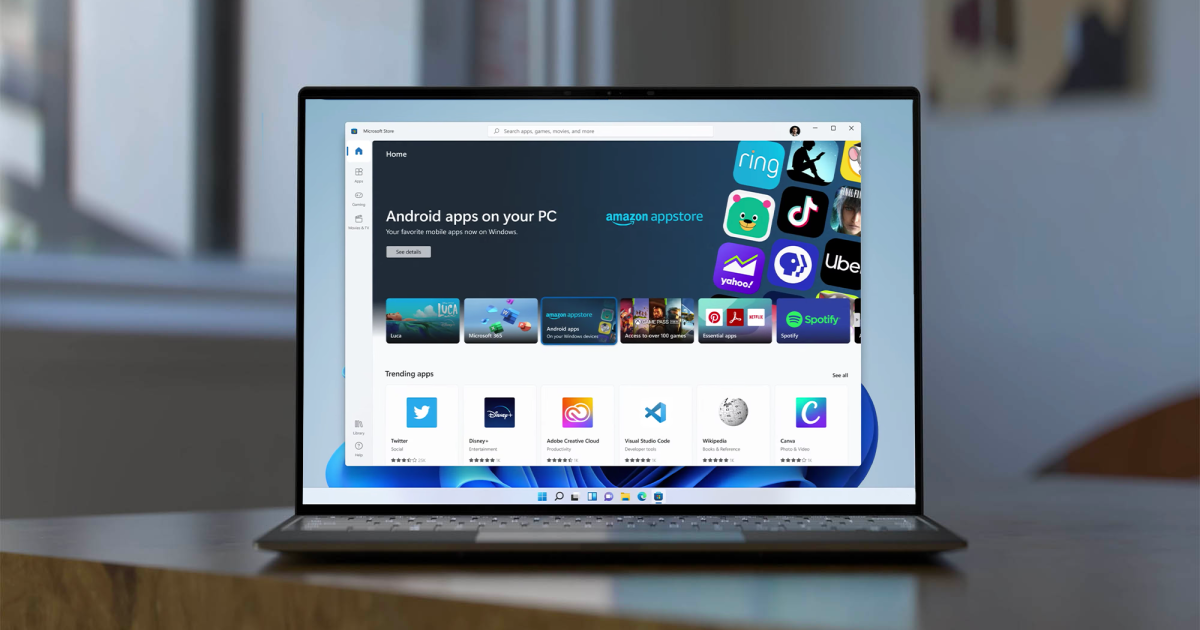CEO & cofounder of Trullion, AI-Powered Accounting Software that automates accounting workflows for CFOs, Controllers & Auditors.
Getty
Accounting has a reputation for being staid, traditional and slow to adopt new technologies. But is this true? No. In fact, I would argue that technology is transforming accounting—and in an equally exciting way, accounting is transforming technology. Let me explain.
Accounting: Not As Traditional As Some Think
Many people might not realize that accounting has been revolutionary throughout its history, especially when it comes to driving the adoption of new technologies and adapting to new technologies.
In driving the adoption of new technologies, for example, it was the accounting profession that first used adding machines (specifically for use in tax calculations), which ultimately were precursors to the computer. In modern times, accounting, including management accounting, drove the adoption and improvement of ERP systems, which have revolutionized business processes.
Similarly, when it comes to adapting to new technologies, accounting has been at the forefront, often by necessity. When the Industrial Revolution completely changed the pace and complexity of business, accounting had to adapt quickly in order to allow the various stakeholders to actually know what was going on—and, by extension, to ensure the entire financial system was trustworthy and sustainable.
How Technology Is Transforming Business In General And Accounting In Particular
The question of how technology is transforming accounting is actually a larger one; it touches on how technology is transforming business and, by extension, how accounting both shapes and is shaped by these trends.
Ensuring Trust
Business today is complicated. The complexity and interdependence inherent in international business were demonstrated by the unforeseen global effects of the 2008 subprime mortgage crisis, and this has only gotten even more difficult for a layperson to understand.
With companies today using algorithms to make trading decisions, or selling advanced artificial intelligence-driven (AI) software products, users of financial statements need assurance that all liabilities are reported, that key figures are accurate, that a company’s prospects are adequately presented and that all of this is available timeously to all stakeholders.
Only technology can govern this technology—for example, to audit an algorithmic trading company, a human being will be unable to cope with the scale and complexity of transactions, and a software program will have to be used to ensure a meaningful audit result.
In order to understand, quantify and report on this new language of business, accountants have had to adopt advanced technologies themselves in order to carry out their increasingly critical role.
Real-Time Reporting And Auditing
For many years now, businesses have been used to a cycle of audits. These could be quarterly or annual, but for accountants, this was crunch time. A whole period had to be closed off, prepared and presented to auditors.
Technology is completely upending this cycle. Today, thanks to advanced accounting systems that interface with businesses in real time, auditors can have access to figures, policies and judgment calls at all times. It allows financial information to be delivered faster, more accurately and in a more trustworthy manner, which signals a key change in how business, and decision making within that context, can be conducted today.
Driving Insights And Value
In the past, accounting might have been known for repetitive, manual tasks. Today, technology has automated these processes, and accounting has moved beyond just “the process” and into value territory.
Using advanced analytics, AI, machine learning, natural language processing and multiple other technological innovations, technology has empowered accountants to discover insights, uncover trends, plan effectively and overall add an unprecedented amount of value.
This has moved the CFO—and the accounting team, by extension—to a central place in the company boardroom and at the right hand of the CEO in almost every major decision.
Getting Started And Overcoming Technology Challenges
Many readers will be thinking, “All of this sounds great, but what should I expect when making the transition to more advanced technology?”
In the past, accountants struggled when making the transition to more advanced technologies. This was due to a range of factors, including heavy on-premise solutions that were super customized and clunky. To help overcome these challenges, here are three best practices to get out ahead when it comes to technology usage and value.
1. Stick with SaaS: As opposed to on-premise solutions, Software-as-a-Service (SaaS) solutions are generally easier to use, relatively standardized, automatically updated and feel like the tools that many people are generally familiar with.
2. Lean on support: Most top accounting technology tools have experienced support teams that are ready to help you through the setup, onboarding and usage of the tool. This is a fantastic resource and one you should leverage to derive maximum value.
3. Engage your team: Embarking on a journey with new technology can be challenging. By approaching it as a team instead of as an individual, you’ll not only feel more supported, but you’ll also minimize the time needed for ongoing training while creating lasting value.
Technology And Accounting In The Future
As these trends continue, accounting is set to benefit enormously from continuing technological progress.
Far from replacing the accountant, technology is empowering the accountant to rise to loftier heights, which bodes well for the future of the profession. Young prospective accountants are coming into a world set to be transformed by technology, where they will be involved in high-value, high-impact activities driven by innovation. The entire financial system stands to benefit, and this is an exciting time for all involved.
If the accounting profession continues investing in technology, we have the chance to lead the way as we have always done and create a brighter, technology-enabled future for all.
Forbes Technology Council is an invitation-only community for world-class CIOs, CTOs and technology executives. Do I qualify?









